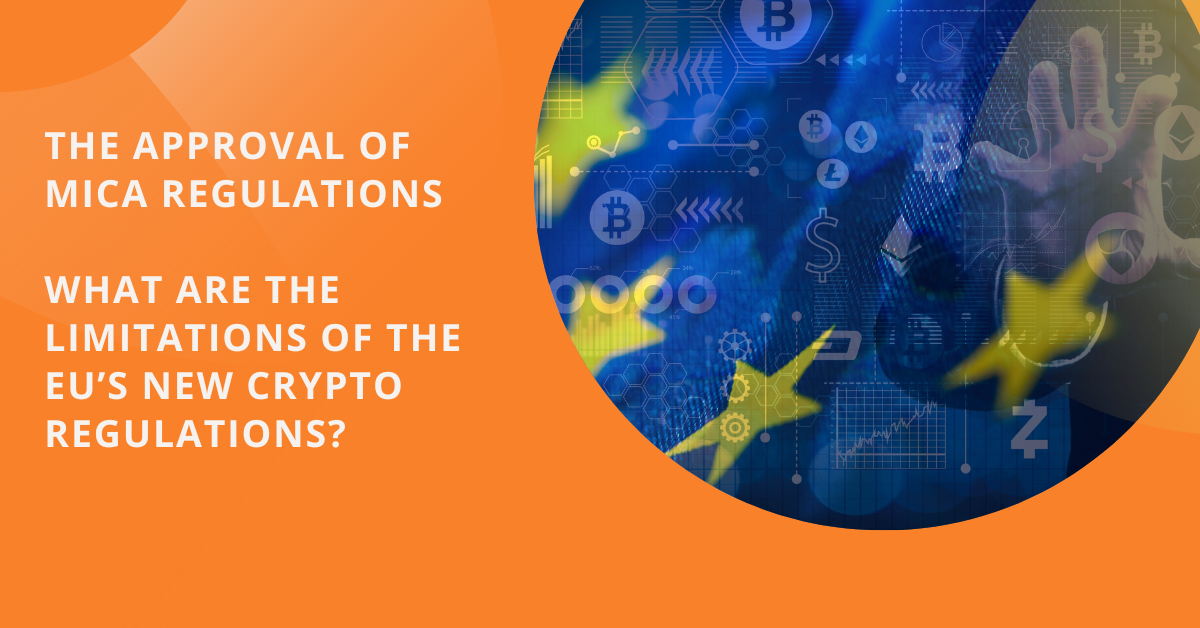The Approval of MiCA Regulations | What are the limitations of the EU’s new crypto regulations?

Will MiCA (Markets in Crypto Assets) be enough to effectively regulate the crypto industry on the continent by the time it passes the EU approval process?
The delay in implementing MiCA (to April 2023), the first comprehensive pan-European crypto framework, was due to technical issues only. Now, it is expected to be launched in 2024. Meanwhile, during the latter half of the previous year when the majority of the MiCA text was already written, several shocks in the industry emerged, creating additional challenges for regulators. It is highly likely that the upcoming year of 2023 will also bring new significant issues in the ever-evolving crypto industry.
Therefore, the issue at hand is whether MiCA, despite its current flaws, can be considered a genuinely "comprehensive framework" in one year's time. Alternatively, the crucial question is whether it will provide an efficient set of regulations to avoid similar mishaps to those of TerraUSD or FTX in the future.
Why are EU DeFi regulations still a way off?
General Counsel at Quadrata – Jeffrey Blockinger stated: “If DeFi protocols disrupt the major centralized exchanges as a result of a broad loss of confidence in their business model, new rules could be proposed to address everything from money laundering to customer protection.”
Why is MiCA a Cause of Optimism in the Cryptocurrency Industry?
An important issue with MiCA is its lack of consideration for decentralized finance (DeFi), which is a newer form of organization and technology in the cryptocurrency industry. This omission in the current draft could potentially pose a problem once MiCA is implemented.
Although DeFi is a significant concern, it's not the sole limitation of the impending MiCA. The EU's regulatory framework also neglects to deal with the expanding realm of cryptocurrency lending and staking.
The crypto industry received MiCA with cautious optimism, although there were some inflexibilities in the language used. Overall, the approach appeared sensible and encouraging for market legitimacy. However, given the current turbulence in 2022, there is concern about whether a potential future iteration of the EU crypto framework, such as "MiCA-2," would be more restrictive or sceptical towards crypto. The delays in implementing MiCA have drawn attention to the slow pace of EU legislation that is urgently needed, especially in light of recent market developments.
Source:
https://cointelegraph.com/news/the-limitations-of-the-eu-s-new-cryptocurrency-regulations





